Cutting our Carbon Footprint, property by property
At Druglink we’re acting decisively on the climate crisis, aiming to re-fit every one of our sites to run cleaner, leaner and greener. We pledge to make the below changes by the end of 2026 (but hopefully before!) and that we will continue to monitor our emissions and work together for a better future. The changes you’ll notice (and the planet will feel) include:
Brighter choices: swapping all bulbs for high-efficiency LEDs.
Keeping the heat in: fresh insulation in roof spaces, around doors and other key areas.
Smarter radiators: reflective foil behind external radiators so warmth stays indoors.
Good-bye draughts: repairing or replacing windows to stop heat escaping.
Blue-green thinking: installing water-butts outside every property to harvest rainwater for gardens and cleaning.
Recharge and reuse: moving to rechargeable batteries across our appliances and devices.
Pedal power: rolling out a “Cycle to Work” scheme to help staff leave the car at home.
Low-energy living: selecting A-rated, energy-efficient appliances whenever we upgrade equipment.
EDUCATING: our clients and employees to be carbon literate and able to make responsible choices.
These practical steps reduce our energy use, shrink utility bills and cut carbon emissions—another stride towards a healthier planet and a more sustainable future for everyone who lives or works with Druglink.
Links to further info:
The World Health Organisation says: Climate change is driving more frequent and intense heatwaves, floods, wildfires, and storms, putting 3.6 billion people at high risk. By 2050, it could cause 250,000 extra deaths each year from malnutrition, disease, and heat stress. Health costs may reach £2–4 billion annually by 2030, hitting countries with weaker health systems hardest. Cutting emissions through smarter transport, energy, and food choices can significantly improve public health - especially by reducing air pollution.
Want to find out more? https://www.who.int/news-room/fact-sheets/detail/climate-change-and-healt
The impact of CO2 on temperature - Watford
Climate stripes, by Ed Hawkins, University of Reading


